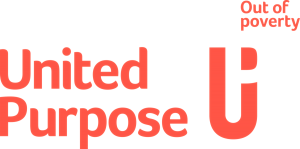Gender analysis for (Improving food Security and Economic Empowerment of Smallholder Farmers in Matutuine District – Mozambique)
Women’s participation is essential for democratic, equitable and inclusive development. Building capacity, increasing knowledge and skills, and promoting appropriate spaces in which they can have the opportunity to participate is important to the process of empowering and building trust. In Mozambique, although some progress has been made, and efforts have been made to improve representation quotas, women are still under-represented at all levels of governance and public administration in general. There is still a long way to go to achieve the desired equity and participation outcomes, especially at the more decentralized levels of governance (districts, municipalities).
According to the Profile of Gender in Mozambique 2016 – Ministry of Gender, Children and Social Action, the emancipation and empowerment of women are priorities of the Country, requiring greater coordination and articulation between State institutions, Civil Society and civil society organizations in promoting gender equality and defining development actions from a gender perspective. The project “Improving Food Security and Economic Empowerment for Small holder Farmers in Mozambique” has the majority of participants women. To ensure an equitable and inclusive development of these women, it is necessary
to understand the functioning of social relations in the places where they are inserted, and from there, identify mechanisms that support/reinforce the empowerment of these women and, consequently, gender equity. With this, the project works in partnership with different sectors and stakeholders as to positively influence the way of thinking and acting of the project participants
Download English: Gender analysis for Mozambique
